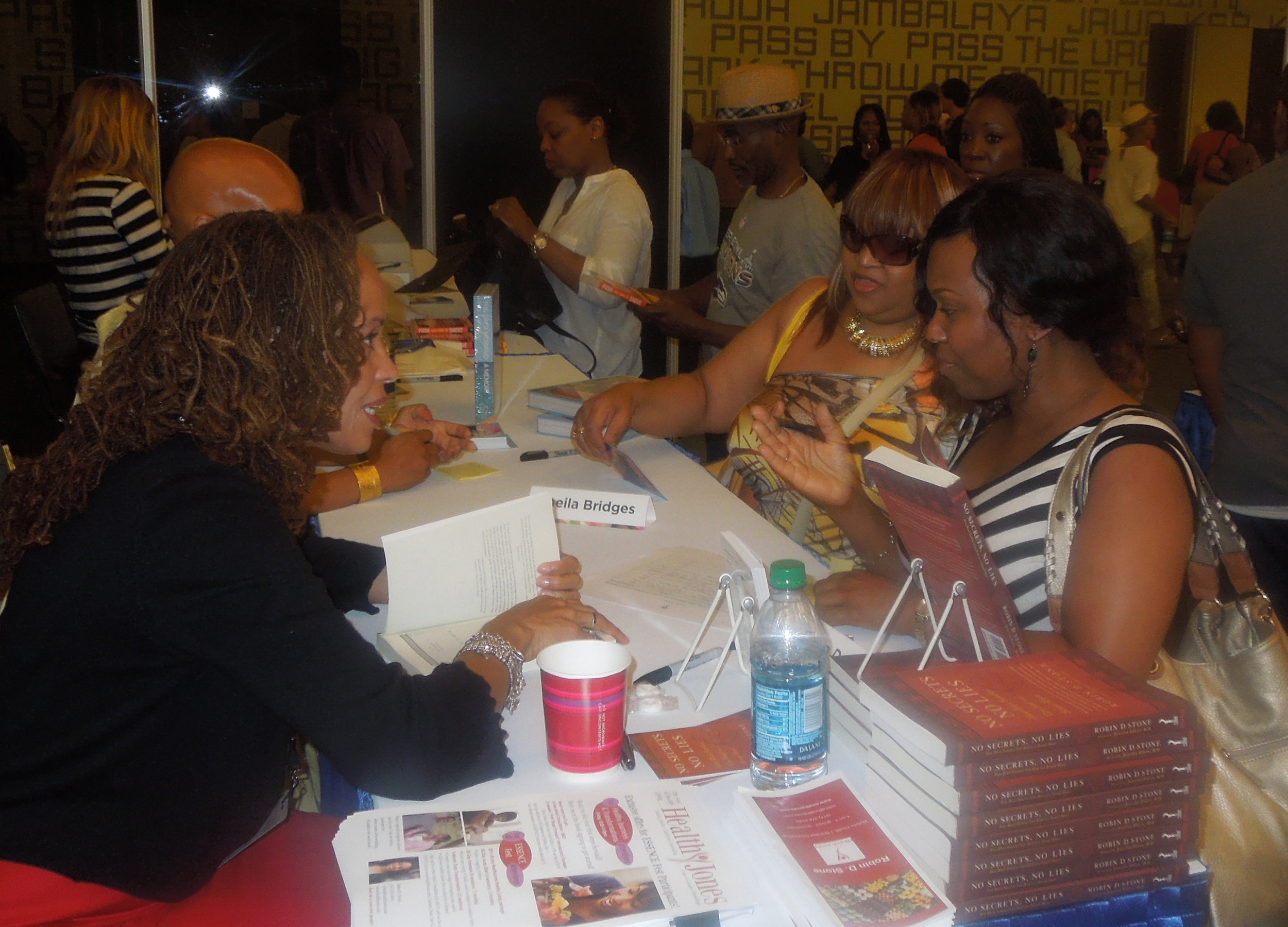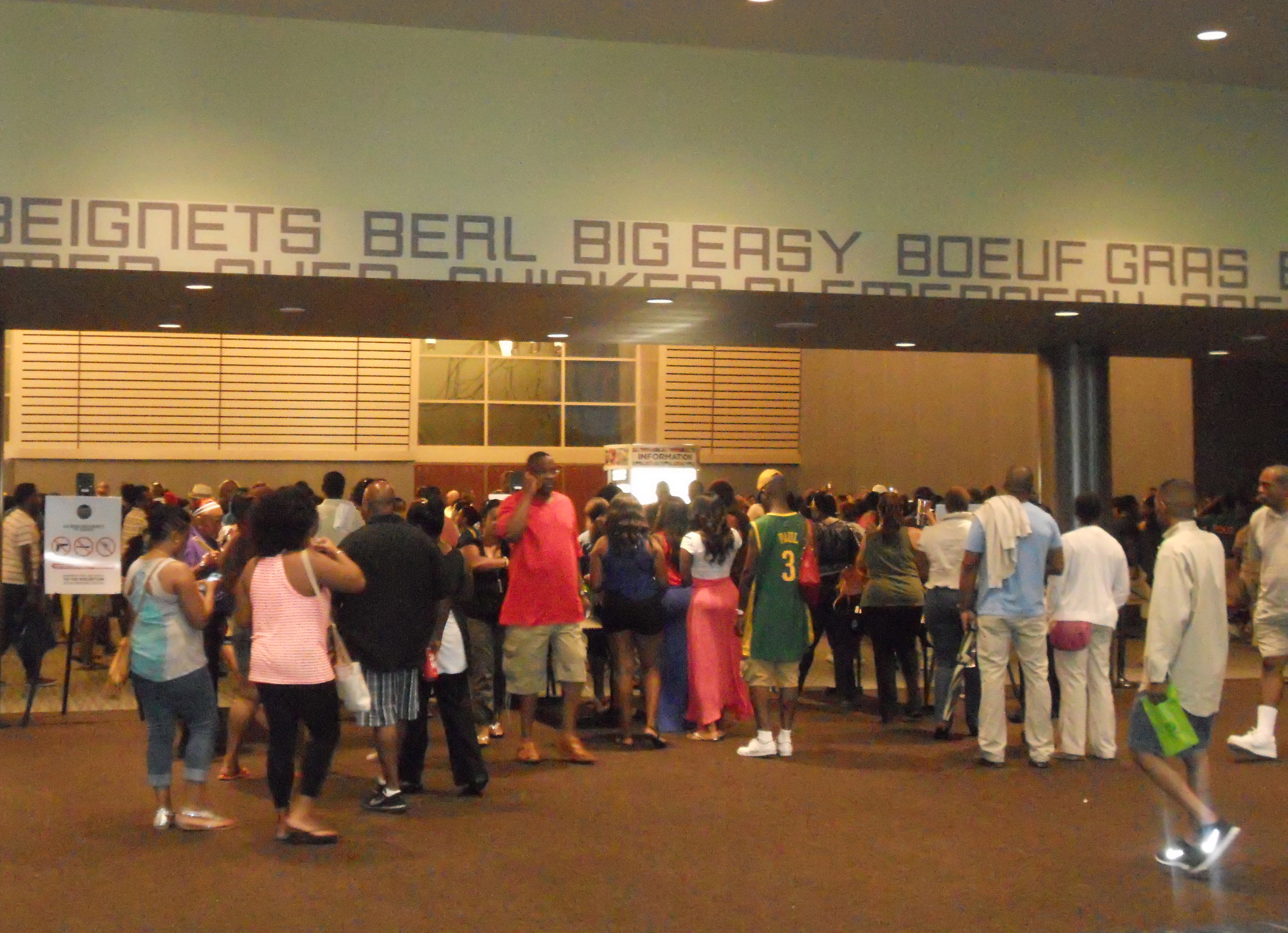In recent months, a series of news stories focused attention on the plight of Black women in academia. First, Harvard’s former president, Claudine Gay, was publicly lambasted during a Congressional hearing about antisemitism on college campuses. Within weeks, she was forced out of her job. In January, news broke about the suicide of Antoinette “Bonnie” Candia-Bailey, vice president of student affairs at Lincoln University in Missouri. In an email sent the day she died, Candia-Bailey had told a friend that she suffered from harassment and bullying at work.
These events triggered alarm among Black women across the country. They led to organized webinars and forums, as well as informal conversations about how sisters in academia are under assault. During one panel that I attended, “Saving Ourselves, Saving Our Sistas,” a group of Black female panelists from academia talked about the need to invite mental health professionals into future discussions and shared their self-care routines.
It’s no surprise that Black women are under assault – and it’s not just in academia. Many of us working in different sectors are suffering with workplace bullies or feeling isolated and alone while under institutional attack. From sisters in leadership level and in ivory towers, to Black women working at the post office or airline counters. These attacks are even more troubling because they coincide with the end of institutional programs designed to level the playing field, like affirmative action, or to provide support like diversity, equity and inclusion (DEI) initiatives.
The self-care that Black female experts have called for is important but may not be enough. The types of gatherings spurred by the loss of Candia-Bailey are another solution. They are examples of community care, which is a part of self-care. Community building is especially needed in our individualistic society, which is a source of our struggle. By forging alliances and actively building community, we can help to mitigate the isolation that so many of us feel.
Consider ways to create community. Start by doing some self-reflection. You may want to write out answers to the following questions:
What kind of community would be helpful to me?
What would I need from that community and what can I contribute?
Who can I enlist to help or to co-create and share responsibility for the community I seek?
Here are some ways to build connection and community:
Find your tribe. Gathering with others who have similar experiences, interests, and goals is an important part of building community. You could connect with women who share your racial, ethnic or cultural background. They could be working in your industry or in an area that is related to something you’re interested in. The idea is to build a support system where you share goals and values. Post an invitation on your social media and send an email, inviting like minds – trusted friends and colleagues – to join you at an appointed time and you could start meeting virtually. Have a loose agenda, focusing on why you are there. One goal could be to eventually share your worst experiences and biggest dreams. You could list possible topics like setting boundaries, responding to bullies, and getting rest to avoid burnout. Encourage one another to be brave while setting ground rules for confidentiality. Whoever has the mic gets to speak and the group can hold space for any individual who is struggling. An action could be gathering and sharing information and resources, and agreeing on ways to hold each other accountable. Plan to meet again and consider regularly scheduled meetings. Over time, you can collectively clarify the mission of your group.
Seek a workplace mentor or sponsor. A mentor is an individual who can give you guidance and coaching, while a sponsor takes their advocacy for you a step further by helping you to climb the ladder at your job or in your career. With either, it’s important to make sure your relationship is a two-way street, that you are thinking about and offering ways to be supportive to them, too. Your contribution to them could be through providing your perspective or time or talent should they need it. Keep in mind that our mentors don’t always have to be Black. Also, consider being a mentor to someone else.
Take action. Join organized groups that allow you to connect with others in ways that don’t involve work. For example, organizations like GirlTrek or Black Girls Run offer solidarity around taking care of your health through physical activity. Higher Heights for America is a political action committee that hosts virtual events and provides information about Black women running for office. Another option is to be more active in a group you already belong to, like by joining a committee within your sorority or house of worship. If you are not inclined to join an organization or committee, you could simply register with a group you support to receive information and potentially volunteer on a limited basis. However you choose to participate will help build connection around issues that interest you.
Reach out. Be intentional about staying in touch with friends, colleagues and associates – both new and old. Put it on your calendar like an appointment to ensure you will make a call or connect virtually with the people in your life.






















